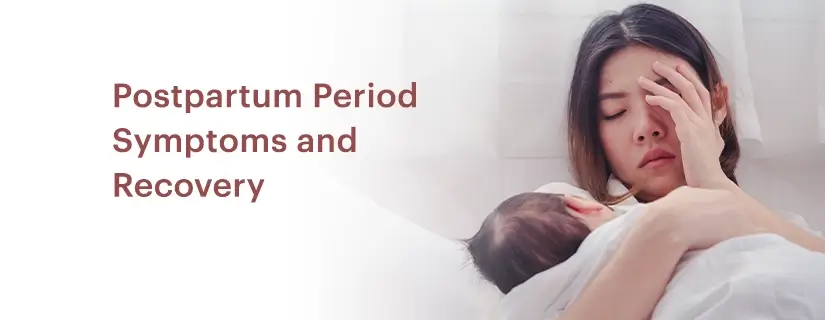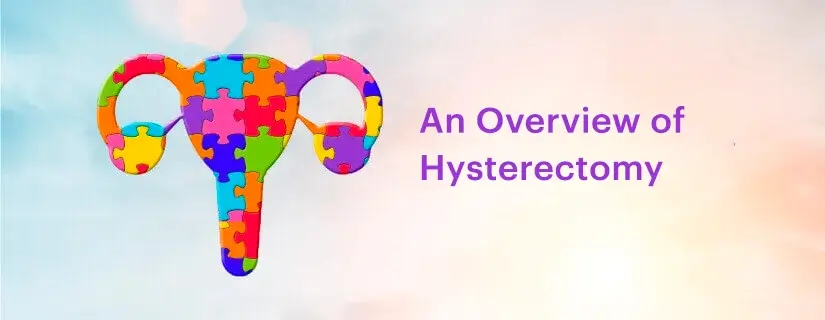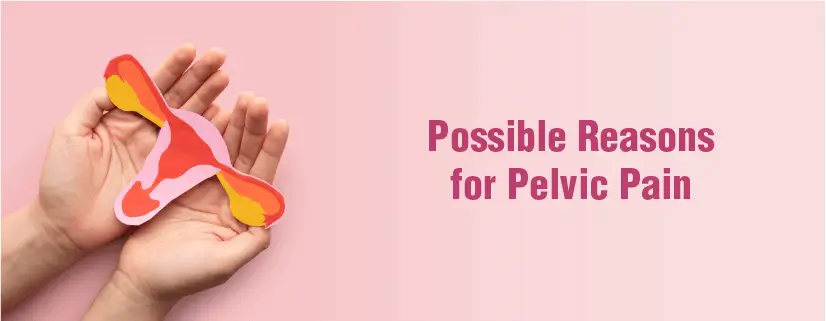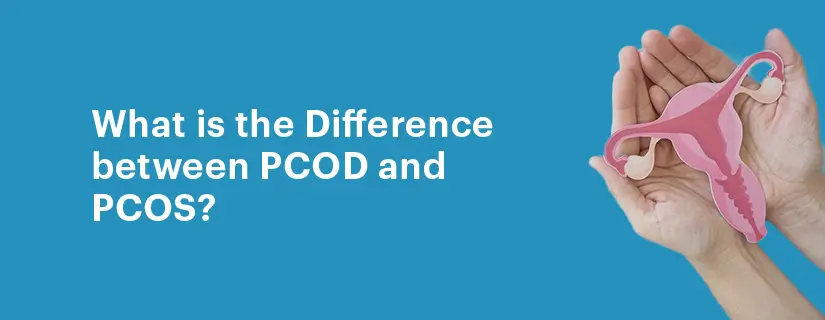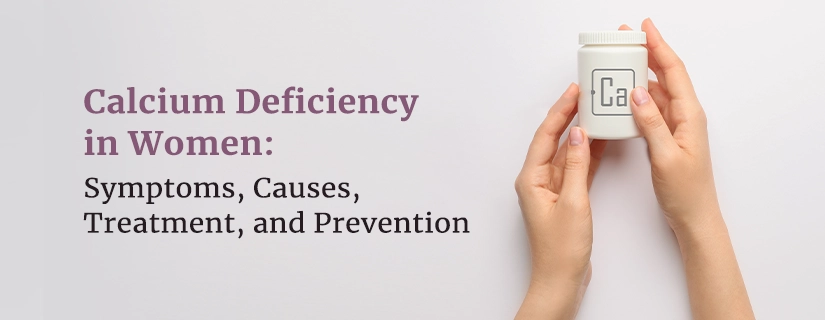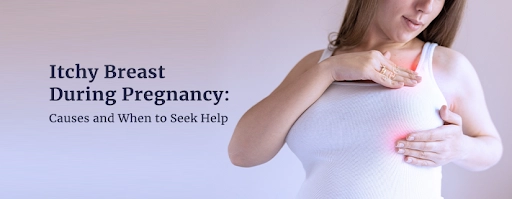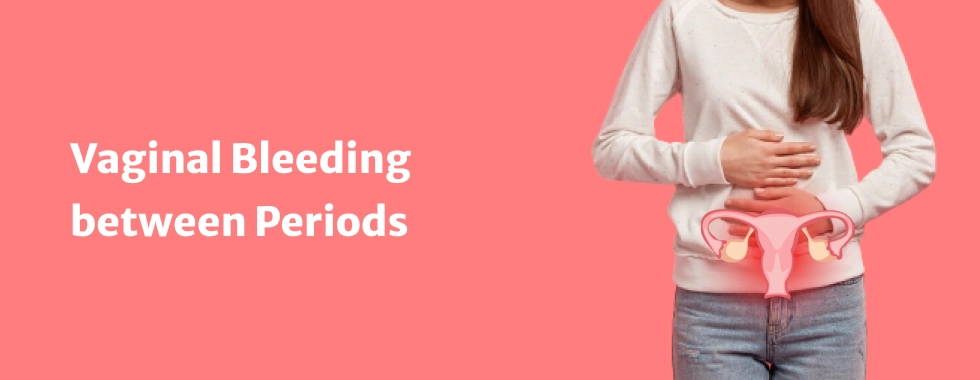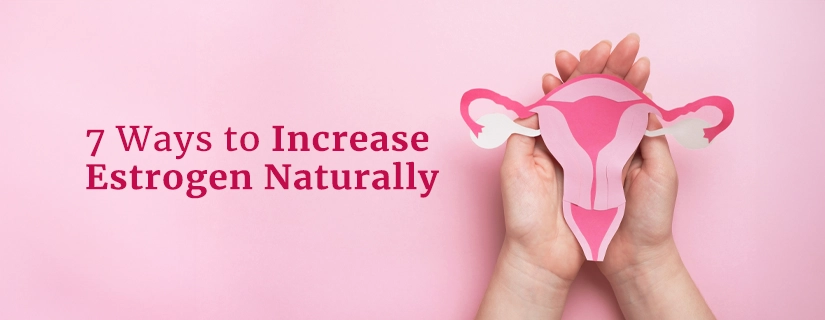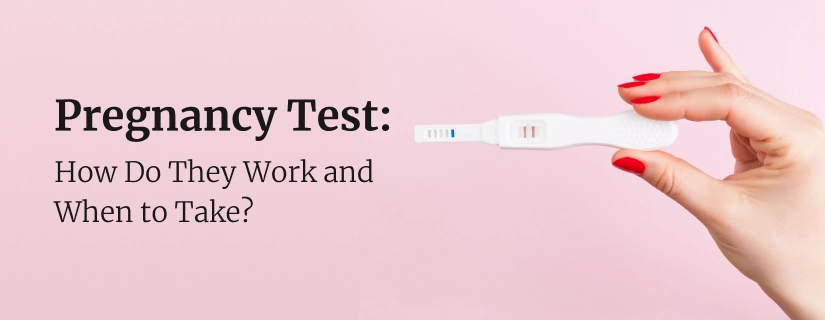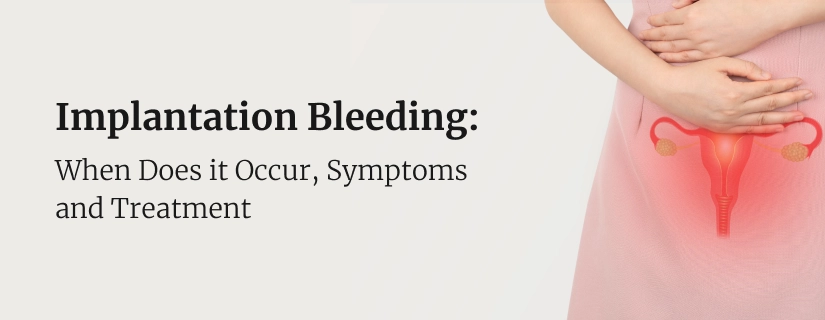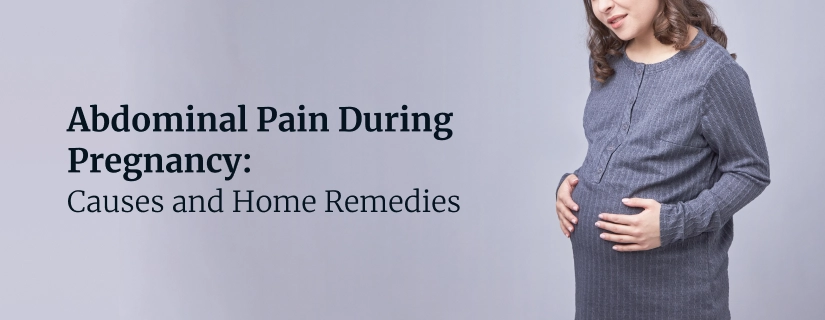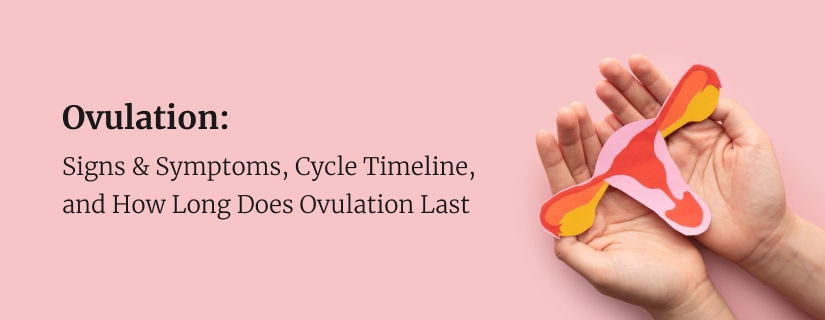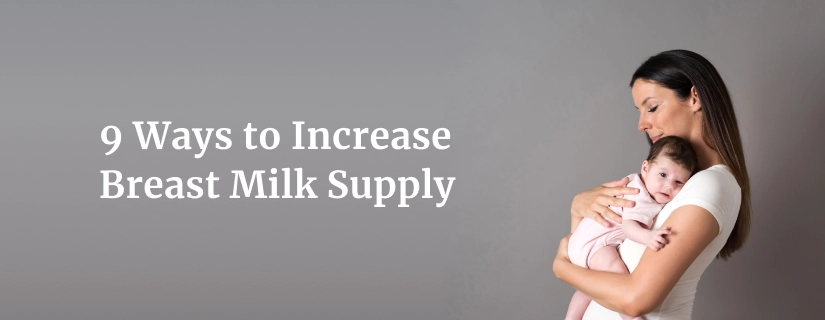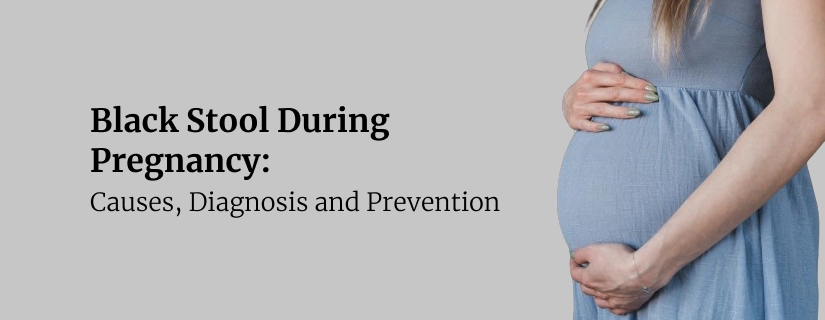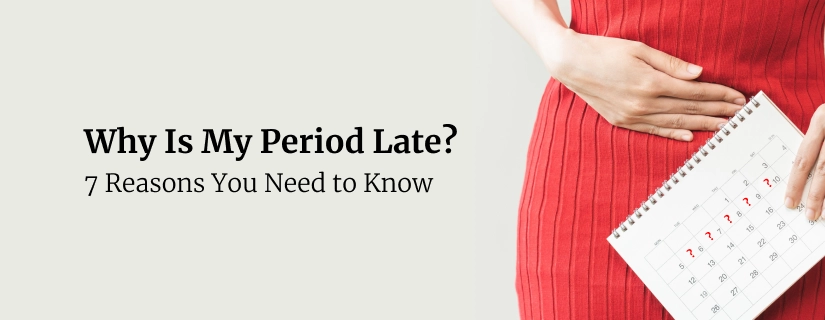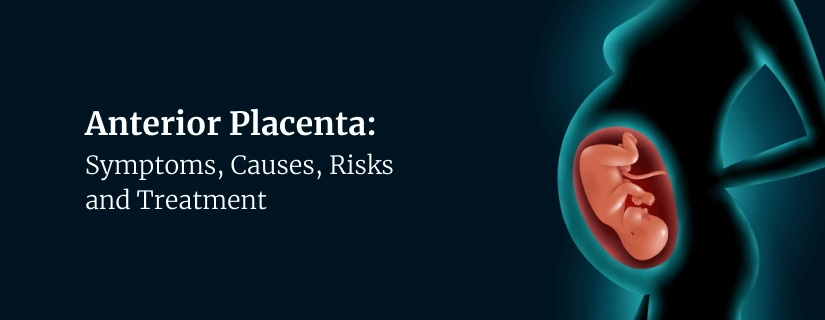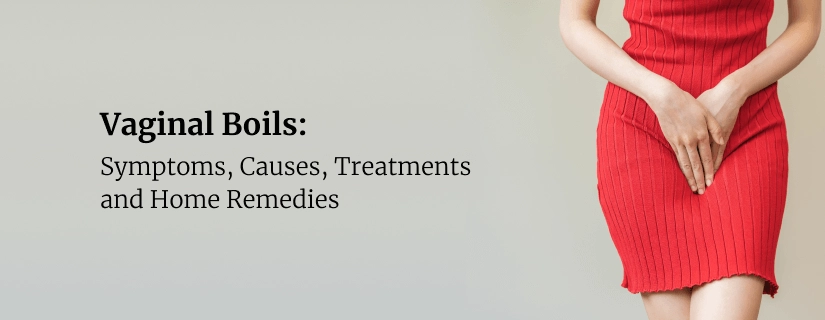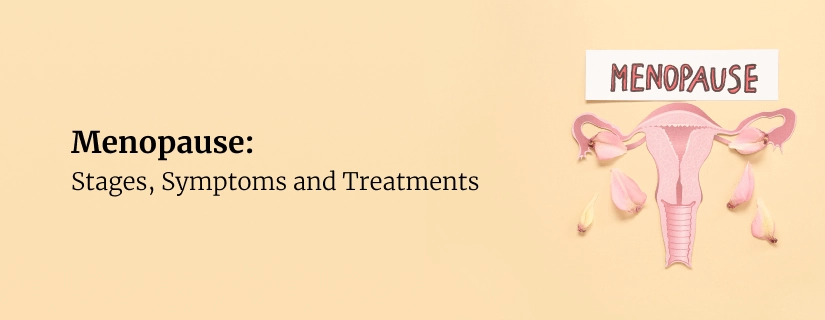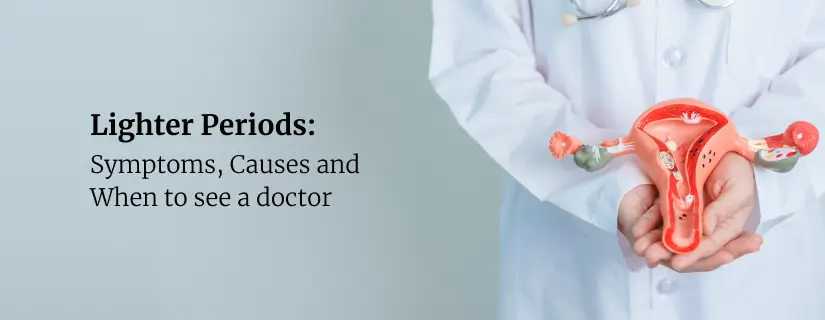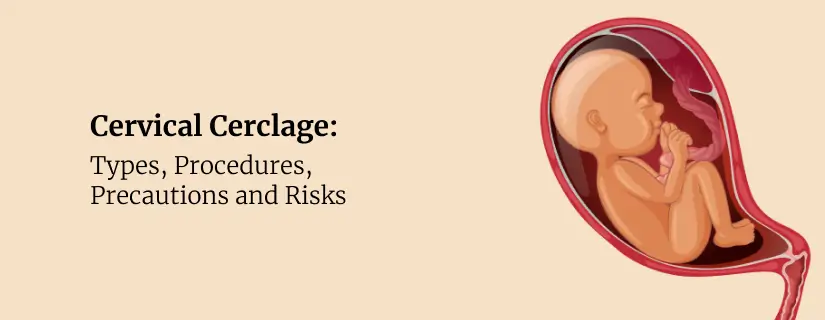-
Doctors
-
Specialities & Treatments
Centre of Excellence
Specialties
Treatments and Procedures
Hospitals & Directions HyderabadCARE Hospitals, Banjara Hills CARE Outpatient Centre, Banjara Hills CARE Hospitals, HITEC City CARE Hospitals, Nampally Gurunanak CARE Hospitals, Musheerabad CARE Hospitals Outpatient Centre, HITEC City CARE Hospitals, Malakpet
HyderabadCARE Hospitals, Banjara Hills CARE Outpatient Centre, Banjara Hills CARE Hospitals, HITEC City CARE Hospitals, Nampally Gurunanak CARE Hospitals, Musheerabad CARE Hospitals Outpatient Centre, HITEC City CARE Hospitals, Malakpet Raipur
Raipur
 Bhubaneswar
Bhubaneswar Visakhapatnam
Visakhapatnam
 Nagpur
Nagpur
 Indore
Indore
 Chh. Sambhajinagar
Chh. SambhajinagarClinics & Medical Centers
Book an AppointmentContact Us
Online Lab Reports
Book an Appointment
Consult Super-Specialist Doctors at CARE Hospitals
Tips to Deal with a Few Discomforts During Pregnancy
Updated on 19 August 2019

Pregnancy may be a life-altering experience for you and your family, but there is no doubt that it can be a source of discomfort. Make sure that you consult a maternity hospital in Hyderabad or the nearest city and talk to your health care provider. Once the professionals give you medical advice on your health problems, you can practice a few tips that can ease the process for you. Read along to know more about how to deal with discomforts during pregnancy.
Abdominal pain
Stretched abdominal muscles and ligaments may cause sharp abdominal pain during pregnancy. Taking a warm bath or shower, and regular exercise may help. Avoid exercises that involve lying on the back for more than a few minutes after the first trimester, as this may reduce blood flow to the baby.
Backache
Weight gain can be a cause of back pain during early pregnancy. Control your weight gain by ensuring a proper diet and exercise. Try not to make use of painkillers, and use heating pads instead. Exercises to strengthen the abdominal muscles, a pregnancy girdle, or an elastic sling can help. Wearing shoes designed for pregnant women might also help. Do not stand for long periods, do try to sit straight and sleep on a firm mattress to avoid back pain. Lie on your side with a pillow between your legs for relief. Be extremely careful while lifting something, and bend at the knees with your back as straight as possible. Hold the object close to yourself and raise yourself very slowly
Breast Discomfort
For enlarged breasts, wear a bra that provides proper support. If they leak, wear nursing pads in your bra.
Breathlessness
Maintaining the proper weight is important for this, along with good posture while sitting and sleeping.
Constipation
Dietary fiber is very important in this regard, that can be derived from fresh vegetables, fruits, whole-grain cereals, dry fruit, and bread. Stool softener agents may be recommended, but consult maternity hospitals in India before you take any kind of medication. Drink lots of water and try getting regular exercise.
Dizziness and Faintness
When you stand up or get out of bed, ensure that your movements are slow. Sit down immediately if lightheaded, and if you are in a crowd, step outside for some fresh air. Drink plenty of water, and regulate your food intake and sleep.
Headaches
Enough rest and proper nutrition are very important along with drinking six or more glasses of water a day. Avoid aspirin, and such painkillers unless prescribed by a doctor, and try stress reduction techniques instead. Do some simple stretching, yoga or meditation. Sometimes a hot bath with a cold pack on your forehead can also help.

ENQUIRY FORM
SELECT CATEGORIES
-
Neurosciences (16)
-
Neurology (37)
-
Neurosurgery (14)
-
Orthopaedics (48)
-
Oncology (33)
-
Obstetrics and gynecology (52)
-
Pulmonology (23)
-
Urology (20)
-
Nephrology (13)
-
Psychiatry (7)
-
Dietetics and Nutrition (111)
-
General Medicine (63)
-
Cardiac Sciences (32)
-
Vascular & Endovascular Surgery and Interventional Radiology (15)
-
Gastroenterology (46)
-
Endocrinology (23)
-
Plastic Surgery (10)
-
Critical Care Medicine (5)
-
COVID-19 (16)
-
Dermatology (16)
-
Emergency Care (1)
-
Ophthalmology (4)
-
Pediatrics (14)
-
Laparoscopic and Bariatric Surgery (8)
-
ENT (15)
-
Kidney Transplant (1)
-
Liver Transplantation and Hepatobiliary Surgery (5)
-
General Surgery (3)
-
Internal Medicine (5)
-
Medicine Information
Precautions and Tips to Avoid High-Risk Pregnancy
What Are the Do’s And Don’ts During First Trimester Of Pregnancy?
YOU MAY ALSO LIKE
RECENT BLOGS
-

Preterm Birth (Premature Birth): Symptoms, Causes, Treatment and Prevention
13 May 2025
Read More
-

Rotablation Angioplasty: Benefits, Treatments, And Recovery Time
9 May 2025
Read More
-

What Is The Difference Between IUI and IVF?
9 May 2025
Read More
-

Venous Malformations: Causes, Symptoms, and Treatment
30 April 2025
Read More
-

Varicose Vein Foam Sclerotherapy: Treatment, Benefits, and Procedure
30 April 2025
Read More
-

Radiofrequency (RF) Ablation Treatment for Varicose Veins: Know More
30 April 2025
Read More
-

Varicose Vein Sclerotherapy: Treatment, Benefits, and Procedure
30 April 2025
Read More
-

Varicose Vein Endovenous Laser Ablation: Procedure, Benefits, Risks
30 April 2025
Read More
Have a Question?
If you cannot find answers to your queries, please fill out the enquiry form or call the number below. We will contact you shortly.



